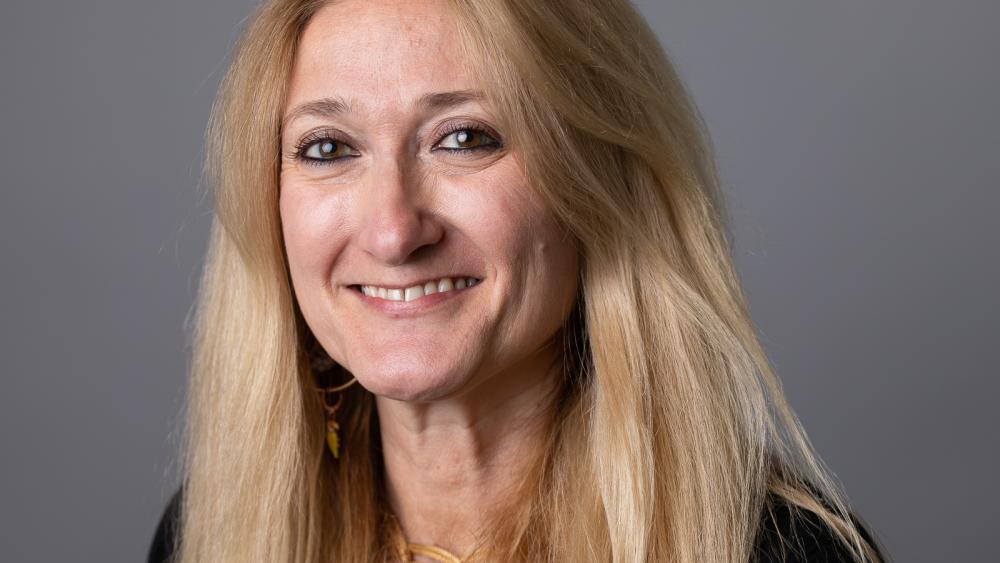Dr Alessandra Mezzadri

Key information

- Roles
- Department of Development Studies Reader in Global Development & Political Economy Centre for Gender Studies Member SOAS South Asia Institute Academic Staff Research Cluster Convenor: Global Labour, Activism and Social Justice Cofounder: Global Feminist political Economy @SOAS Working Group
- Department
- Department of Development Studies
- Qualifications
- BA/MSc (Economics, Rome La Sapienza), MSc (Development, SOAS), PhD (Development, SOAS)
- Building
- Russell Square: College Buildings
- Office
- 4421
- Email address
- am99@soas.ac.uk
- Telephone number
- 0207 898 4533
Biography
Alessandra is a feminist political economist of global development, writing on global production, work, and social reproduction.
She read Economics, Political Economy and Business at La Sapienza, Rome, and Development, Gender, and Labour Studies at SOAS. Her first research project focused on the ‘making’ of cheap labour in India’s garment industry, its labour regimes, and productive/reproductive links to the informal economy. Her first book, the Sweatshop Regime, has excellent reviews, including in the Journal of the Royal Anthropological Institute (JRAI), Antipode, Global Labour Journal, ILR Review, Economic & Political Weekly. She has written on labour grievances in the Sweatshop Regime in the ILO report The Social Life of Industrial Disputes.
She also works on Marxian and feminist political economy theories and methods and the global political economy of work. Her work on the social reproduction of value has featured in journals like Radical Philosophy, Antipode, Environment and Planning F. Her work on methods has led to her second book project, the edited volume Marx in the Field, which is very positively reviewed in Marx and Philosophy Review of Books, Capital and Class, Progress in Development Studies, and British Journal of Industrial Relations. Her work on the global political economy of work has led to her third book project, the co-edited Handbook of Research on the Global Political Economy of Work. Alessandra has worked extensively on the political economy of COVID-19 from a feminist lens centred on social reproduction and intersecting class, gender, and race inequalities. This work features in journals like Organization, and Development and Change, and is inspiring her fourth book project, provisionally titled Cartographies of Social Reproduction and Global Development as Social Factory.
Alessandra has collaborated with international organisations, including ILO and UNIDO; with INGO and labour unions, including ActionAid, Labour Behind the Label, War on Want, SEWA and Cividep India; and with global development research or education centres like UNU-WIDER and the Global Labour University. She is co-founder of the Labour Transfer summer school. She is Associate Editor of the Canadian Journal of Development Studies.
At SOAS, Alessandra teaches on theories of development; political economy of trade and inequalities; global supply-chain capitalism, work, ecology; feminist political economy & gender and development; and contemporary India. She welcomes PhD applications in the areas of India’s informal economy; global supply-chain capitalism, work, and development; global feminist political economy and social reproduction; labour standards and modern slavery in global industries.
Research interests
- Social Reproduction
- Supply-Chains Capitalism
- Global Labour Standards & Modern Slavery
- Labour Informality
Geographical areas of expertise:
- India
- Italy
PhD Supervision
| Name | Title |
|---|---|
| Fathimah Fildzah Izzati | Social Reproduction Depletion in Indonesian Industrial Areas |
| Daryn Howland | Reproducing Racial Capitalism: interrogating racialized labour migration, class formation and social reproduction in the Arab Gulf. |
| Ananyo Mukherjee | Political Economy of ‘Living Labour’: Probing Petty Commodity Production as a space of Social Reproduction in India’s Post-colonial Capitalism |
| Nurlatipah Nasir | The Dynamics of Patriarchy: Women’s Labour and Social Reproduction in Wajo’s Tenun Industry Chain |
| Rohan Preece | Labouring in Unfreedom? A Case study of textile workers in the National Capital Region, India |
| Rabia Zaid | Feminist Political Economy of Gender and Development Programs in Peri-Urban Pakistan |
Personal links
Publications
Contact Alessandra
- Telephone


